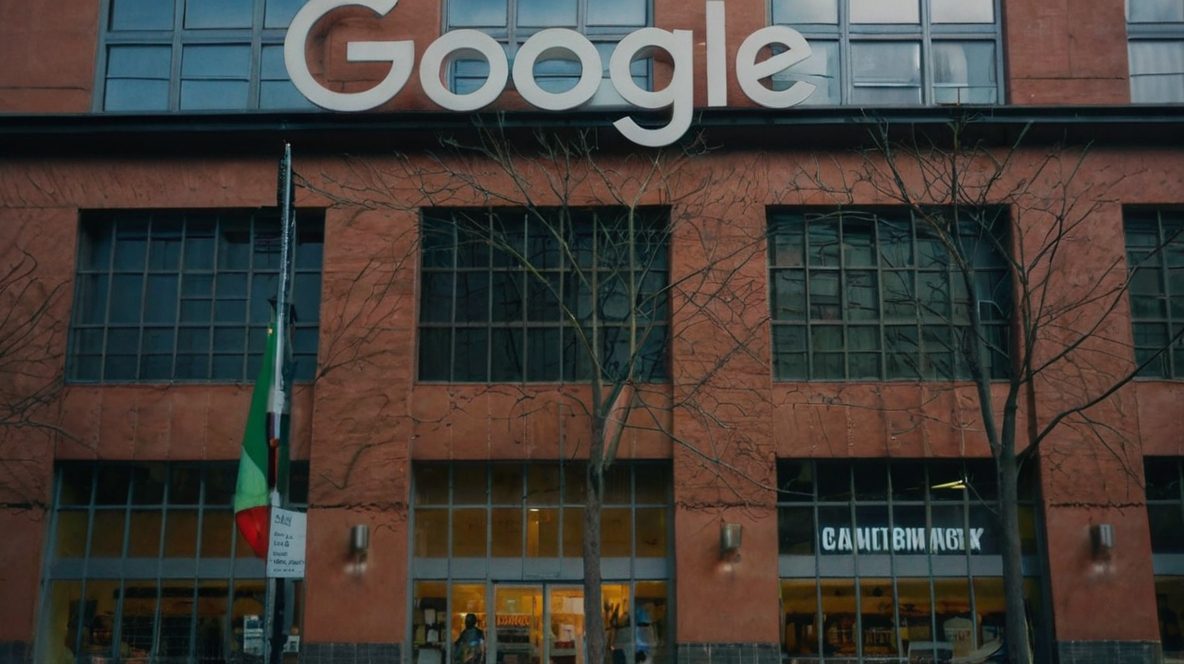Google Charged $425 Million Due to Privacy Class Action Lawsuit
In a historic outcome, a federal jury in San Francisco has decided that Google, a subsidiary of Alphabet Inc., will pay $425 million in a class-action lawsuit Google is a defendant in, putting a new focus on digital privacy, consumer protection, and business responsibility. The case has come to light on the grounds that Google monetized the data of several users, even those who had opted to keep their information private and had tracking disabled on their account settings. Such loose regulations on private and confidential data are a cause of concern with major tech corporations.
The lawsuit, active since July 2020, captures the difficulty in streamlining privacy in the current digital era, especially considering the analytics and tracking services big tech firms like Google provide to third-party applications, including Uber, Venmo, and Instagram by Meta. This class action lawsuit highlights the increasing demand from consumers and regulators for better control and responsibility in handling personal information.
Background of the Class-Action Lawsuit
The lawsuit deals with data Google is said to be accessing, collecting, and using even when users have turned off the Web & App Activity setting on their Google accounts. This setting is meant to give users the power to determine whether their online activities will be used by Google for advertising and analytics purposes.
Users claimed their privacy was violated by Google because the company was closely linked with popular apps using Google’s analytics tools to track activity. For almost eight years, this system allegedly enabled Google to monitor users’ activities without consent and in violation of Google’s own privacy claims.
The lawsuit sought $31 billion in damages. The settlement of $425 million, however, is a major step in privacy litigation against technology companies and a significant financial claim, though much lower than what was sought.
Description of the Privacy Violations
Google had to defend the Web & App Activity setting, which allows users to manage logging of their online activities. When turned off, Google is required to stop collecting and saving specific data regarding searches, location, apps used, and online activity.
However, users claimed Google continued collecting data indirectly through third-party apps, including analytics and Google-developed SDKs. Apps like Uber, Venmo, and Instagram allegedly allowed Google to capture extensive data even when the setting was off, breaching user trust.
Hearing, Trial, and Evidence Gathering
In the U.S. District Court for the Northern District of California, allegations focused on Google’s analytics data practices. Lawyers presented evidence that Google bypassed privacy settings to collect data. Expert witnesses in digital privacy, data analytics, and cybersecurity testified about these practices.
Google allegedly had an analytic funnel tied to numerous apps used to monitor user behavior without consent. Internal documents suggested Google attempted to control privacy settings but integrated them into analytics for business purposes.
Negative Response and Consumer Impact
Many users expressed disappointment with Google’s handling of appeals and privacy. Past privacy probes, predatory advertising, and tracking across services have contributed to widespread concern. The $425 million settlement is a major step but emphasizes the need for users to revisit privacy settings and app permissions. Consumers must be vigilant and educated about data collection and processing.
Legal and Regulatory Consequences
The decision is a groundbreaking moment in U.S. privacy legislation, especially for indirect data collection through other apps. Courts may now scrutinize how tech companies exploit analytics tools to harvest user data even when privacy protections are active.
Companies in the digital space must adhere to privacy settings or face heavy financial penalties, reputational harm, and regulatory scrutiny. Laws like the California Consumer Privacy Act of 2018 and federal proposals aim to strengthen consumer control over data.
Expert Opinions
Privacy advocates see the ruling as a step toward accountability. Dr. Emily Chen stated, “Privacy settings should have substantive meaning. No company should freely capture data for business advantage. Users must have genuine power over their data.”
Cybersecurity consultant Rajiv Menon added, “Tech companies might now explain their software interactions with third-party tools more transparently. This ruling could improve privacy practices across the industry.”
Broader Context of Data Privacy Litigation
Google’s settlement is part of an increasing wave of privacy litigation affecting tech giants like Facebook, Apple, and Amazon. These cases enforce accountability, consumer rights, and stricter regulatory compliance in digital privacy.
Next Steps and Enforcement
Legal proceedings and appeals may continue. Companies providing analytics, advertising, or third-party integrations are likely to invest more in privacy measures, external audits, consent management, and data protection protocols.
Conclusion
This $425 million settlement marks a significant turn in consumer protection and digital privacy. Google allegedly violated privacy clauses by collecting data from users with tracking disabled, highlighting the need for vigilance in digital ecosystems.
Consumers, authorities, and businesses must understand the emerging dynamics of privacy. While profit drives tech companies, this case reminds everyone that data privacy is critical and must be respected.
Stay updated with reliable news:
Sports: Sport Flash HQ
Business: Biz Rush
Weather: The Climate Post
Travel: Neon Report
US Local: 24 Hour Bulletin
India Finance: The Lucky Ledger
General: The Chrono Post



